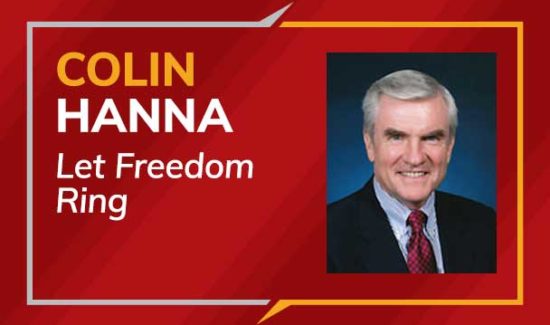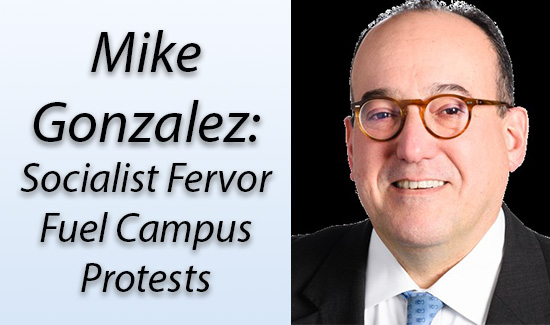Donald Trump and the Sixth Amendment
![]()
With four multi-count indictments already filed against Donald Trump, and the near certainty of still more to come, how will the trials be scheduled? None of the charging authorities thus far has argued for a trial date after the 2024 election. We are already in the 2024 election season, so the proposed scheduling of all these trials will be within the Presidential campaign season.
The right to a speedy trial is guaranteed in the Sixth Amendment to the US Constitution. The portion of that Amendment that refers to the right to a speedy trial reads as follows: “In all criminal prosecutions, the accused shall enjoy the right to a speedy and public trial, by an impartial jury of the State and district wherein the crime shall have been committed…” That provision is intended to prohibit long periods of incarceration or other penalties prior to a trial to determine guilt or innocence. The right to a speedy trial is thus designed to protect the defendant. But what if the defendant does not want a speedy trial? Does the defendant have the right to delay a trial, and, if so, on what grounds? Mr. Trump almost certainly wants to delay every one of these trials against him, and many have speculated that one reason he wants to delay them is that he could possibly win the Presidency and then simply pardon himself for all of the federal crimes of which he has been accused. But there’s a simpler rationale for delaying every one of them until after the election, and that is that he wants to have his schedule free to campaign, not be tied up in court. Also, he can continue to protest his innocence while campaigning, thus giving those inclined to vote for him the issue of presumed innocence. If he were convicted of one or more crimes prior to the election, many voters in the political middle that will determine the outcome of the race would presumably shy away from voting for a freshly-convicted felon.
If Mr. Trump wants to delay one or more trials, there is another part of the Sixth Amendment that he may turn to his advantage. That is the right to an adequate representation. Over the years since the Constitution and its Sixth Amendment were adopted, the right to counsel has been expanded and clarified. Most people with only a passing knowledge of the legal process are familiar with the concept of the right to an attorney. That right implies an effective attorney, and in Strickland v. Washington in 1984, the Supreme Court adopted a two-prong test of adequacy. In three separate Supreme Court cases in 2015, 2017 and 2019, that right was further defined as including a meaningful opportunity to present a complete defense. That’s the point on which I believe the Trump defense team will base its argument for more time – that the number of trials, the time necessary to prepare adequate defenses to each of a myriad of charges and the legitimate need of defendant Trump to be able to campaign effectively for the highest office in the land rather than be tied up in court will be combined to form a credible argument for delay of some if not all of the cases. Even before making that argument in each of who knows how many cases, there’s the matter of removing some of the charges associated with his acts as President of the United States from state courts to federal courts. These objections will be time-consuming to adjudicate in the Georgia case alone.
Our legal system is designed to help protect the rights of defendants, not to grease the wheels of justice for the prosecution to get to trial as quickly as possible. Each judge will need time to decide whether the request to delay is justified or not, and each loss, regardless of which side loses, will probably be appealed all the way to the Supreme Court. The only thing that can stop them is a series of plea deals on the Trump side that would include a commitment to drop out of the Presidential race. If Mr. Trump determines that he could not win and thus could never pardon himself, don’t be surprised if he cuts such a deal. If that happens, remember, you heard it here first!
Colin Hanna is President of Let Freedom Ring, USA






